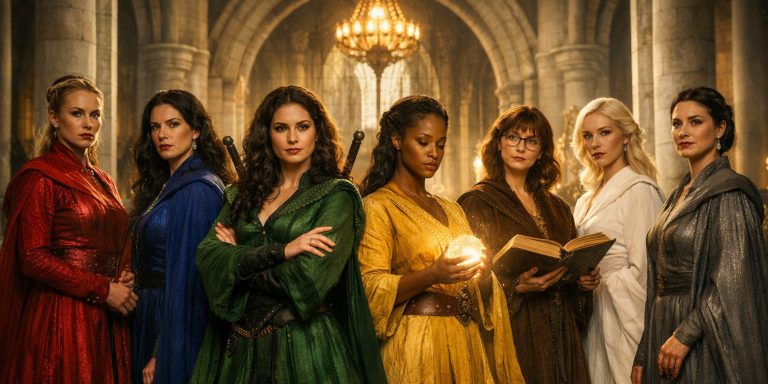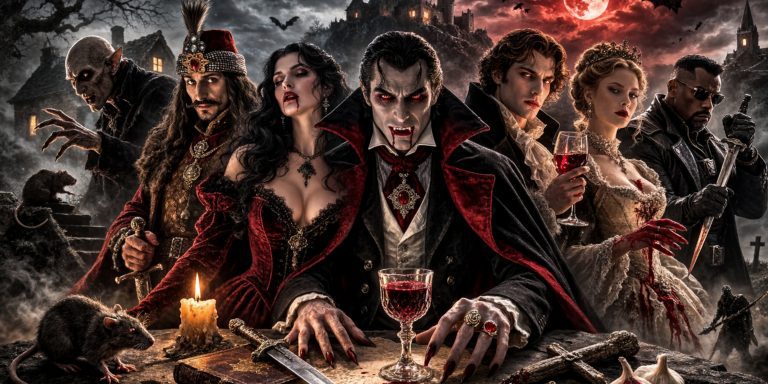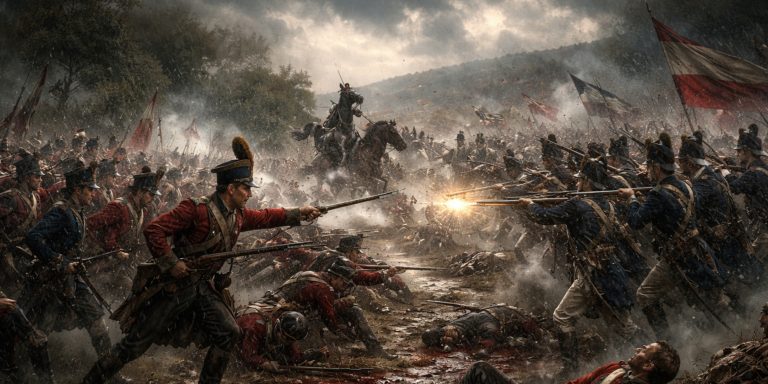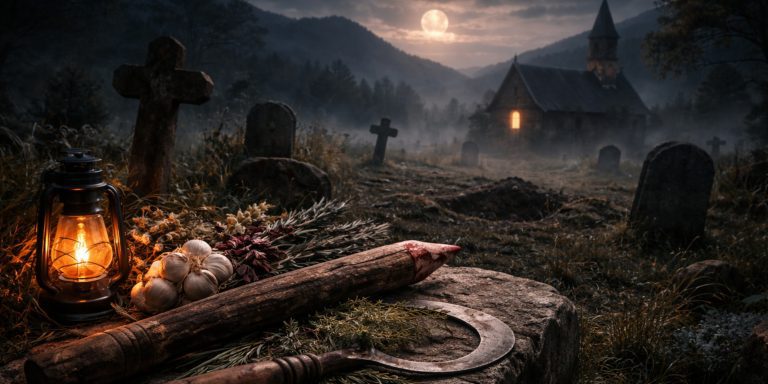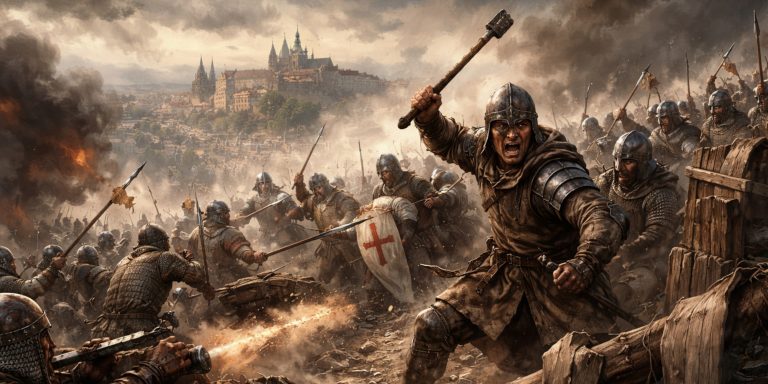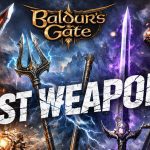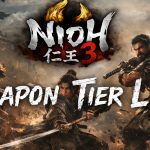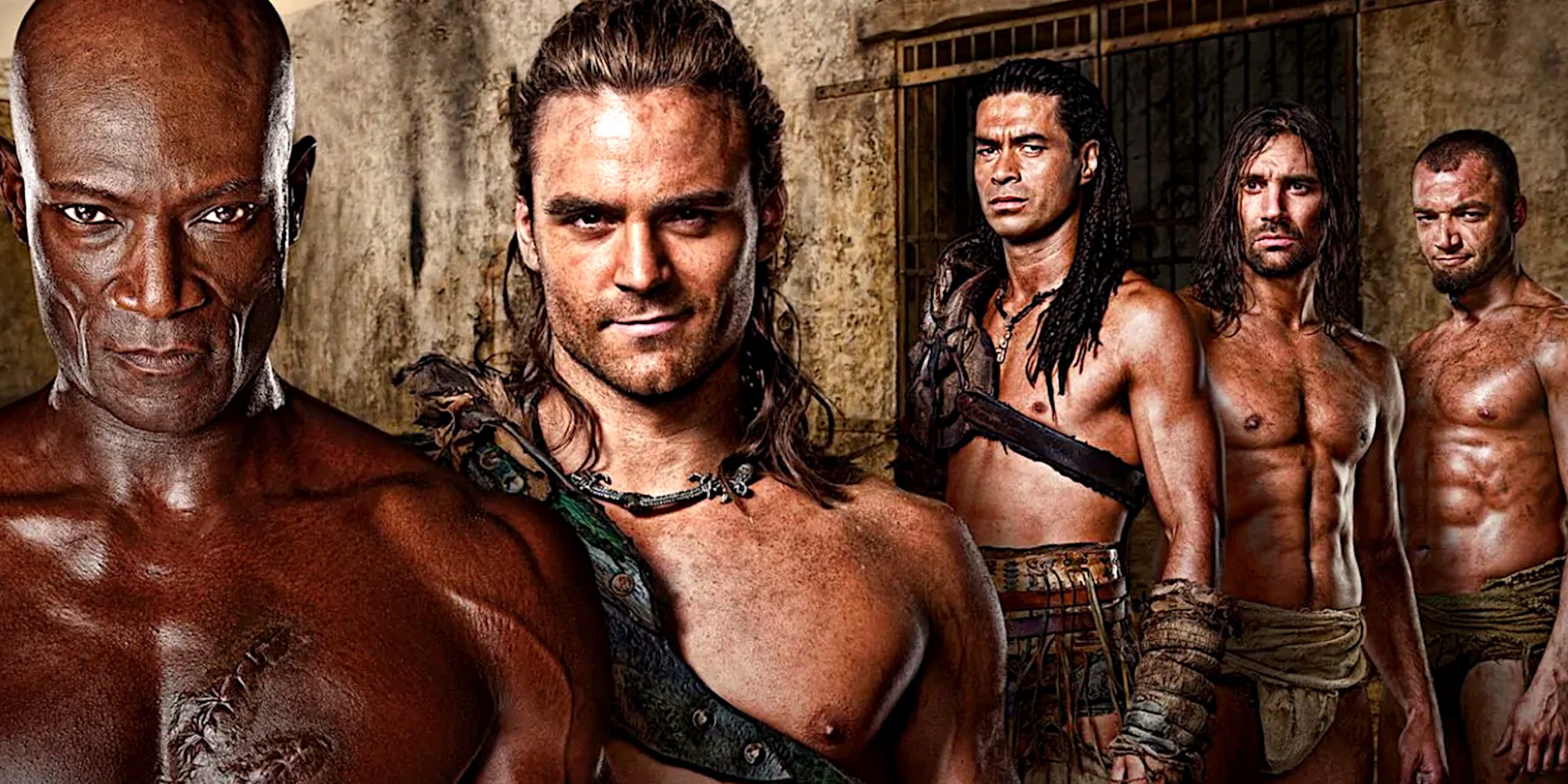
Spartacus: Gods of the Arena remains one of those rare prequels that does not feel like a contractually obliged warm up. It lands with its own pulse, its own swagger, and a surprising amount of emotional weight. As someone who watched it after the main series, I expected a victory lap. Instead, it felt more like a punch to the ribs. You know it is a prequel, you know where most of these characters end up, yet the tension keeps building anyway.
What caught me off guard is how confident the show is in stepping away from Spartacus himself. The story leans fully into Gannicus, Batiatus and Lucretia, and the writers seem almost delighted with the freedom that comes with a fixed ending. They use it to sharpen everything: the violence, the politics, the petty rivalries and the sense that every character is one bad decision from disaster.

Story Overview
The series focuses on the House of Batiatus before Spartacus arrives. The ludus is still climbing the ladder, still starving for status, and Batiatus is firmly in his ambitious era. His world is crowded with people who see themselves as puppet masters, even though half of them cannot control a grape on a plate.
Gannicus becomes the unexpected centrepiece. He fights like someone who knows he is untouchable and lives like someone who does not expect tomorrow to be any better than today. The show captures that messy mix of freedom and imprisonment that defined the early gladiator arcs, and it does it without leaning on prophecy or destiny. It is just raw, reckless humanity.
The political scheming hits a different tone here too. It feels smaller, nastier and almost claustrophobic. Everyone is jostling for position in a city that cares more about reputation than actual morality. Watching these characters claw for influence, knowing how the main series unfolds later, adds this slightly wicked thrill. You’re basically watching a fuse being lit in slow motion.
Characters and Performances
Gannicus steals the show, plain and simple. He is charismatic without trying and reckless with purpose. His arc sits right at that sweet point between swagger and vulnerability, and the performance gives the prequel a solid spine.
Batiatus and Lucretia are at their most watchable here. They are still hungry, still scheming upward, and occasionally still capable of genuine affection before power poisons the whole lot. Seeing them pre-corruption gives the main series more depth, almost like you can track every decision that nudged them closer to becoming the monsters they eventually are.
Even the supporting characters feel sharper. Oenomaus has a tragedy quietly brewing behind him. Ashur starts building his career in snake-like opportunism. And the arena itself feels alive, not just as a place to kill people for entertainment, but as a political stage where reputations rise and fall faster than gladiators.
Themes and Tone
The prequel leans heavily into ambition and the price of it. Everyone wants something. Everyone lies to get it. And the show seems almost gleeful in the way it lets consequences pile up behind characters who think they are untouchable.
There is also a sense of inevitability hanging over everything. It is not melodramatic, more like the quiet dread you feel when you know a group of friends is about to fall out and ruin the night. The series uses that mood well, and it gives the betrayals more bite.
Visually, it carries the same style as the main series, though it sits a little grittier. The fights feel rougher, less polished, and more like genuine survival. There is something oddly charming in how the show embraces its chaotic energy. It is messy in a way that works.
How It Connects to the Main Series
The prequel adds layers rather than simply filling gaps. When you return to the main show afterward, characters like Batiatus, Lucretia, and Oenomaus feel richer. Their motives make more sense. Their downfalls feel heavier. The main series becomes less black and white because you have now seen how they became who they are.
You also appreciate the worldbuilding more. The politics of Capua, the gladiator hierarchy, the relationships within the ludus, the fragile alliances among Roman elites, all of it feels more grounded.
Legacy and Impact
Gods of the Arena earns its place as more than an appendage to Spartacus. It brought new fans into the series, and even now it stands up better than most prequels in television. It manages to be fun, reckless, emotional and occasionally ridiculous in the best possible way.
Its biggest achievement is simple. It makes the entire Spartacus story hit harder. When a prequel does that, you know it has done its job.
The Seven Swords Takeaway
Rewatching it now, the series feels tighter than I remembered. There is a confidence in the writing and performances that makes the whole story glide along even when characters are making catastrophic choices. It is a prequel that does not apologise for existing. It simply walks in, pours a drink, and tells its own tale with style.
If anything, it might be the most complete piece of storytelling in the franchise. Short, sharp, and unapologetically intense.
If only more prequels carried themselves with this level of chaotic professionalism.
Watch the trailer:

